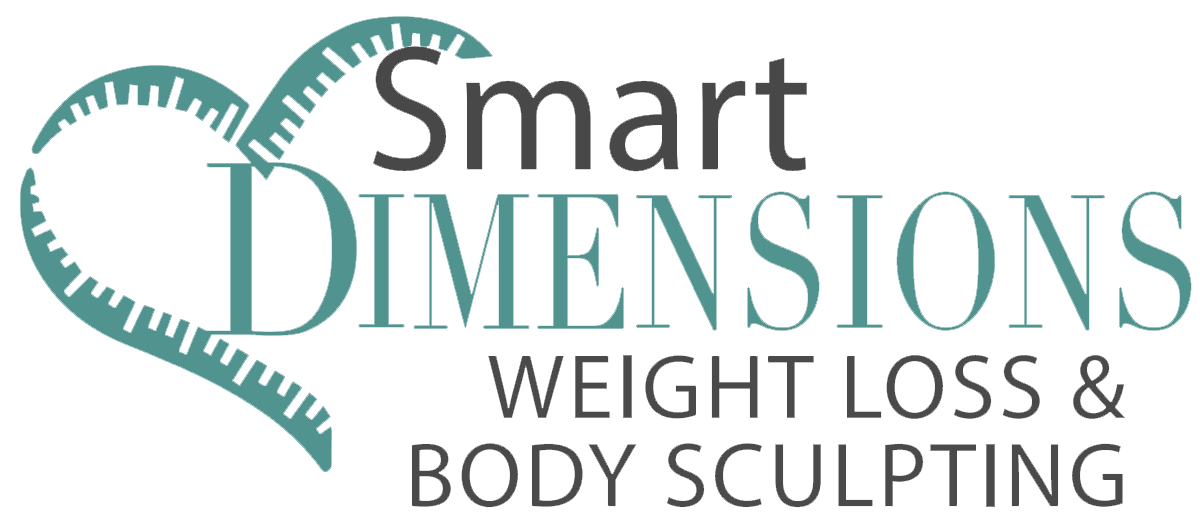5 Get Healthy Myths- BUSTED
It’s the time of year when everyone, even those who don’t necessarily need to lose a lot of weight, focus just a little more intently on their health. The first quarter of the year is also a busy time for marketers of food products, exercise equipment, nutritional supplements and everything in between. You see, they know you’re listening. They know it’s the best time to “hook” you with their claims of rapid weight loss or renewed well-being. They know this because it works every year and has for decades. But is it working for you? Not usually. As I’ve said before, health and lasting weight loss are not a stop-start proposition. It’s a commitment over the long term that counts the most. The great news is that you can start small and build up to more significant life changes. Rule #1: IGNORE THE HYPE. You don’t have to make a complete overhaul of your life overnight. To help you believe that, here are some widely held beliefs about weight loss and healthy living that we can set the record straight on.
1. To get the best weight-loss benefits from exercise, you need a personal trainer and a gym membership. You don’t. In fact, the more barriers you put between yourself and exercise, i.e.: having to prepare for and drive to the gym, waiting for the equipment you want to use, etc., the less likely you will be to exercise at all. With the endless amounts of information on the internet today, you can also figure out which exercises you can do right in the comfort of your own home. Remember, any exercise at all is better than none. Carve out slots of time where you can and you’ll surprise yourself at how quickly it can add up.
2. Portion-controlled, diet foods are great for those wanting to stay accountable in their weight-loss journey. They’re not. These foods are typically highly-processed and don’t fill you up enough for the “cost” of the calories you’re taking in. This means they’ll often leave you wanting more, which is readily available in an additional portion-controlled package. Save calories and money by packaging your own healthy snacks. And if you really want to stay accountable, a food journal is your best bet. Seeing and tallying your daily food intake will be both eye-opening and educational, which will do far more for your diet efforts than a 100-calorie pack of mini-cookies.
3. If you’re not sweating, your exercise routine isn’t rigorous enough. The truth is that some people sweat more than others. Your heart rate is actually the best indicator of your exertion level. But in all honesty, especially if you’re severely overweight and just starting out on an exercise routine, ignore the people who tell you how the exercise should “feel.” Focus instead on making exercise, no matter how much, a daily priority. Do it when you can, for as long as you can. When you commit in this way, you will see results. That will be way more motivation than measuring your sweat by the cupful.
4. A “last meal” can give you the motivation to begin a new, healthy life the following day. The last meal actually does more to sabotage your future weight-loss efforts than it does to help them. With this “last binge,” you’re telling yourself that all the future holds is deprivation and eating like a rabbit. Who actually WANTS to feel like that? It’s a miserable feeling and it certainly won’t help you stick with a healthy lifestyle long term. Again, start small. Focus on one change per week. Perhaps this week it’s eliminating diet soda from your diet and adding in more water. Next week it may include incorporating more leafy greens into your meals. When you layer on the lifestyle changes, they don’t feel so overwhelming.
5. The scale doesn’t lie. Okay, it doesn’t. But it can be annoying and often demoralizing. When we commit to a lifestyle makeover, we want to see results – IMMEDIATELY. When we don’t, we tend to give up. So in the beginning, don’t step on the scale every day. Start with a couple of times per week. And remember, as you’re losing weight and gaining muscle with exercise, the scale won’t necessarily reflect all of your efforts. Better measurements are how your clothes fit, and most importantly, how you feel.






